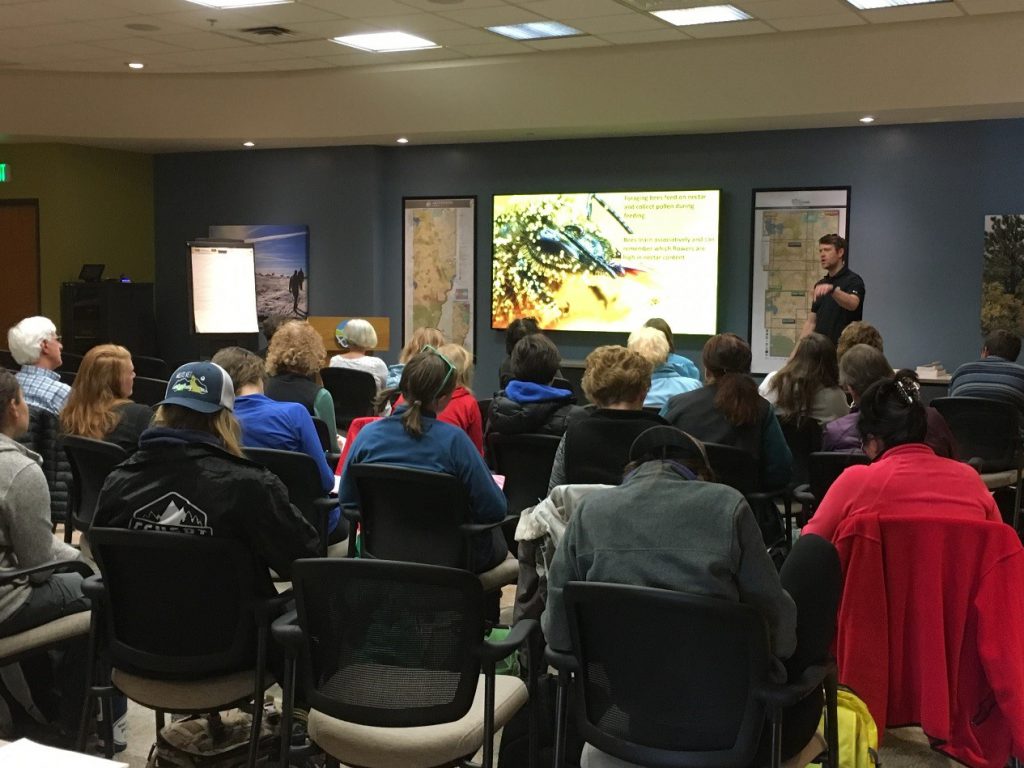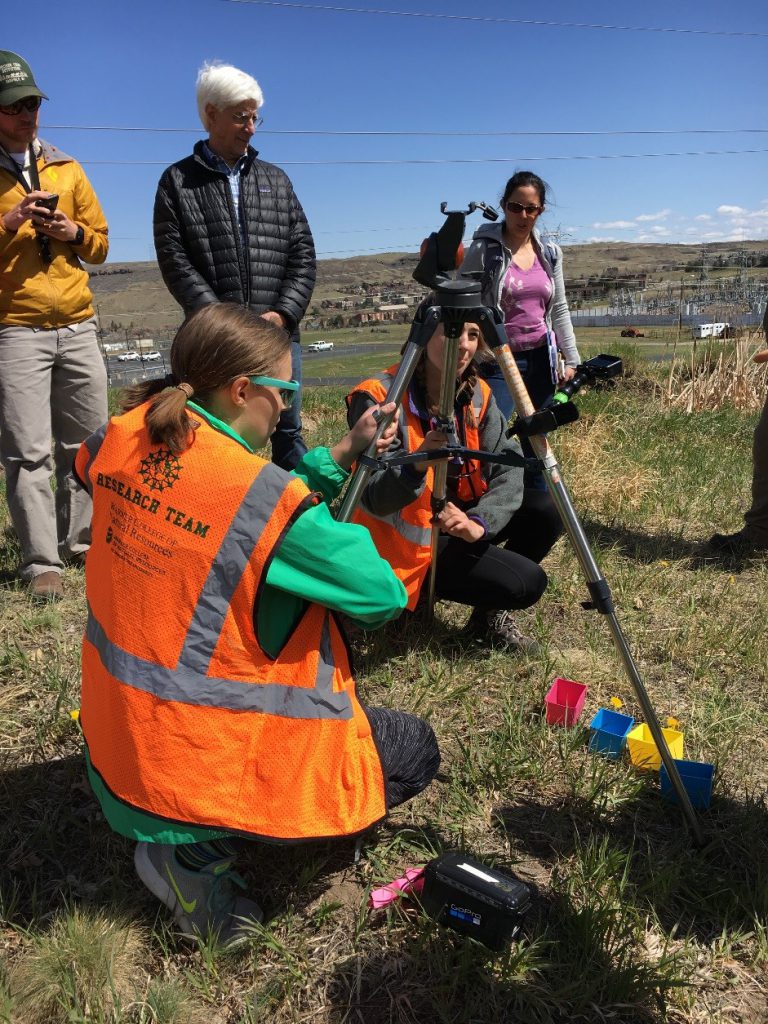The loss of insect abundance and diversity is an alarming problem. There has been an estimated 75% decline in flying insect biomass during the past 25 years in some areas (Hallmann et al. 2017). Native pollinator species are vital for crop production and maintaining ecosystem function. Colorado has a high diversity of native pollinators (950 species; approximately ¼ of the known diversity in the USA).
To help develop a baseline understanding of Colorado’s native pollinators, CNHP partnered with others at CSU to launch the Pollinator Observer Volunteer Training on Saturday April 14. At least 44 volunteers are participating thus far! Data will be gathered using iNaturalist on volunteer smart phones. Barbara Fahey, CSU extension, will coordinate with volunteers and offer a Native Plant Master Pollinator Observer certificate. Dr. Seth Davis, CSU Forest and Rangeland Stewardship, will take the lead on insect identification. Dr. Gillian Bower, CSU Natural Resources Ecology Lab, and her students are our experts on field methods. Susan Panjabi, CSU, CNHP, will take the lead on plant identification. Our study area includes North and South Table Mountains in Jefferson County, and we hope to expand to many more study sites around the state in future years.
To report observations of pollinators associated with rare plants tracked by CNHP, please use the Rare Plant Pollinators Field Form.
For additional information please contact Susan at susan.panjabi@colostate.edu.

Dr. Seth Davis presenting local pollinator information to a group of volunteers.

Dr. Gillian Bowser’s students sharing pollinator observer methods.




